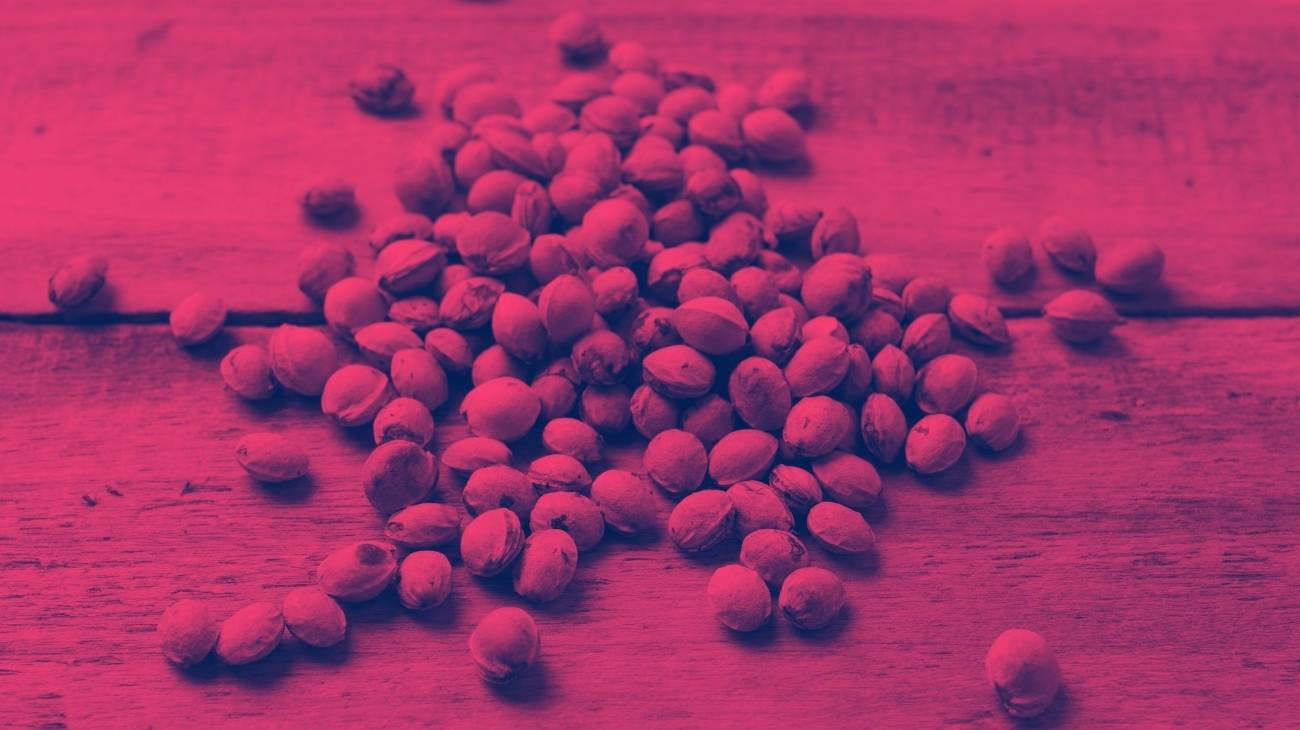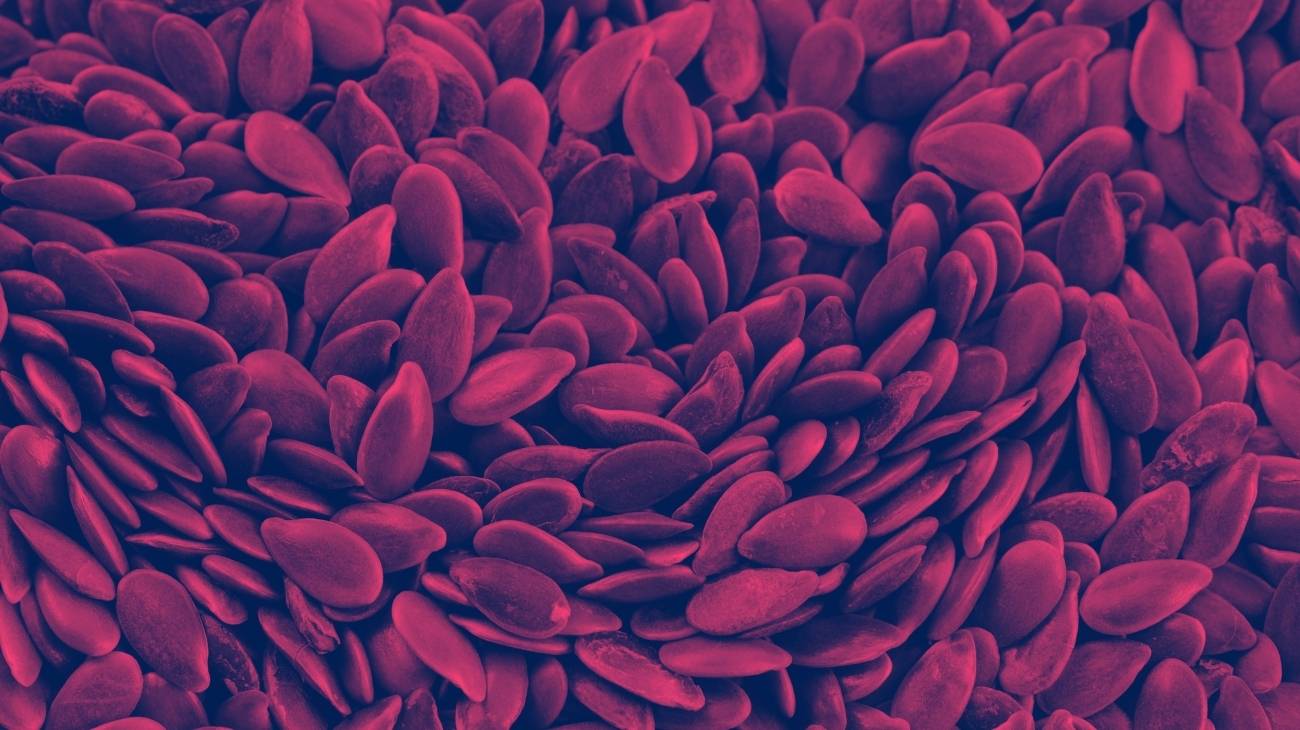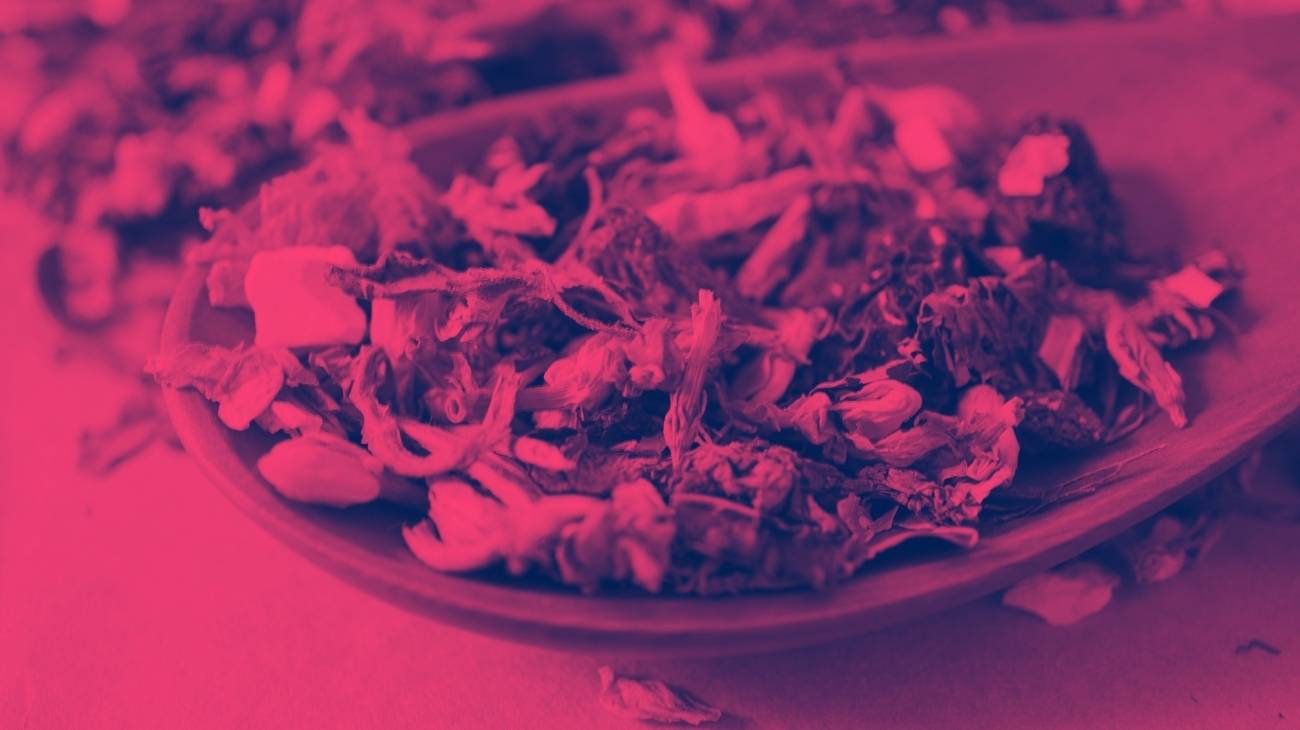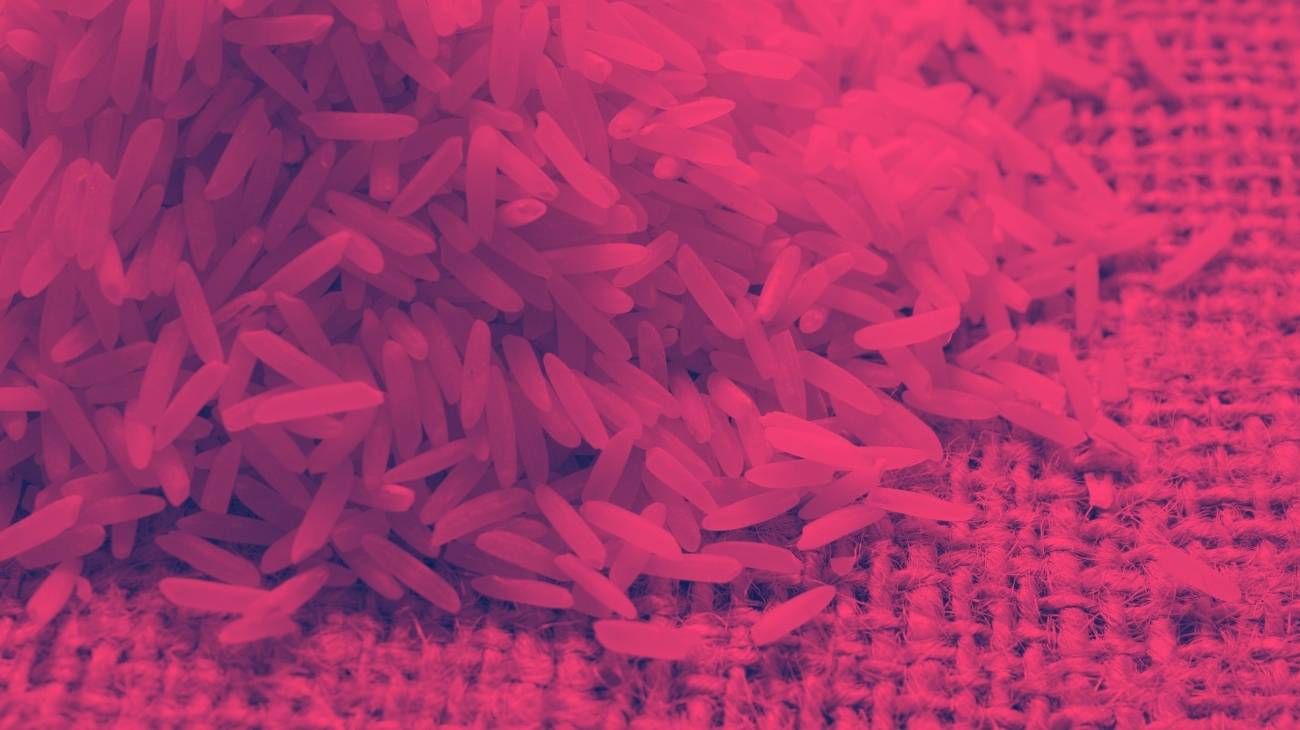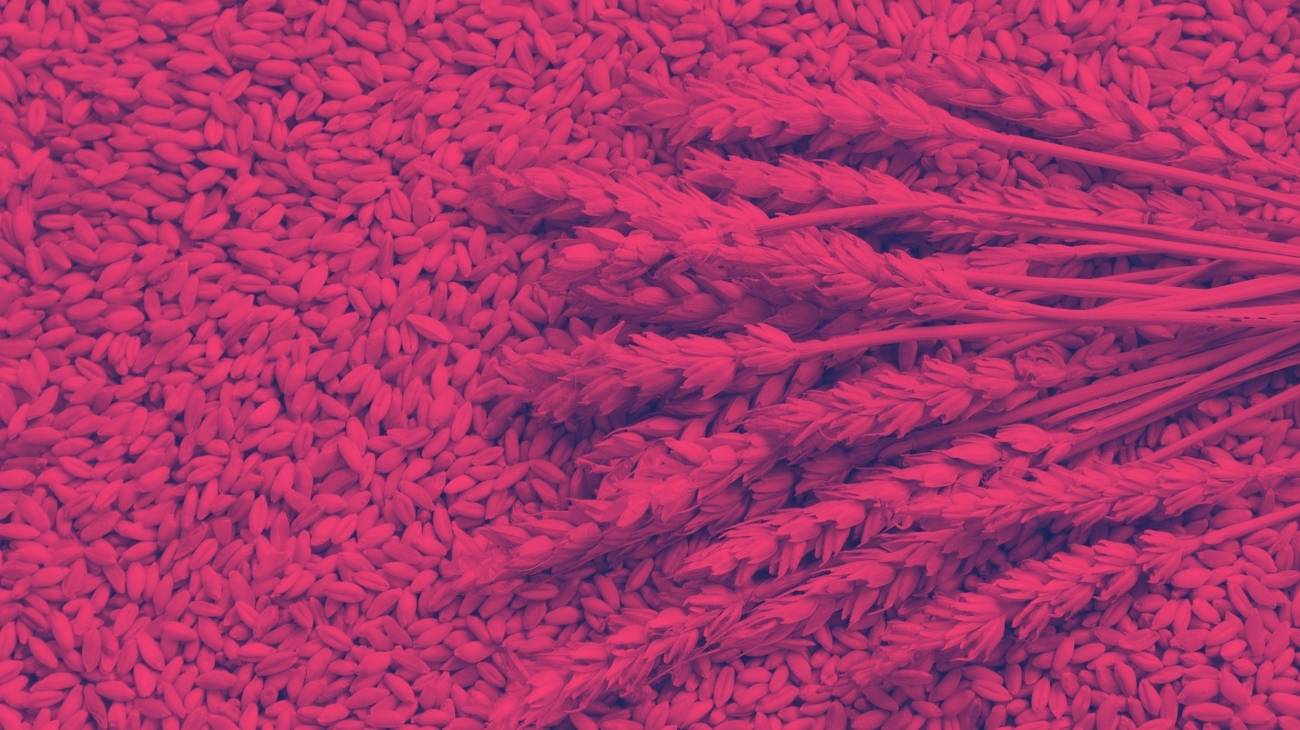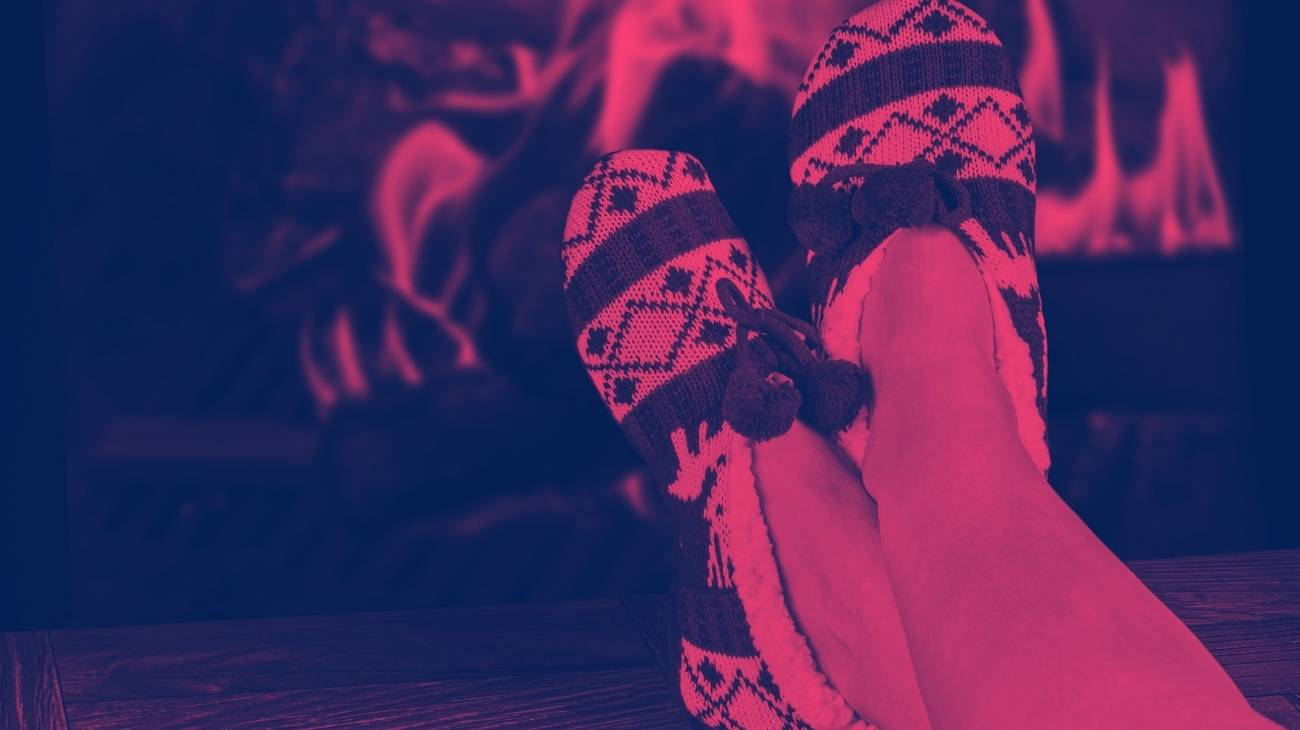WHAT WE DO?
We want to help you invest your money in the best microwave heat packs, that's why in each of our reviews we strive to make the best selection so you can make the best decision and compare for yourself which ones fit your needs depending on the sport you practice or the type of injury you have.
HOW DO WE DO IT?
In order to find the best products, we search for the opinions, suggestions and options that the best heat packs for microwave brands can offer you, and then we analyse their reliability, price and quality. Finally, we offer you a very complete comparison of products so that you can choose the best one.
YOUR OPINION COUNTS
Our main objective is to help you choose the best, so we care about your suggestions and opinions about our website, to improve every day and that our shopping guides are increasingly complete and respond to the particular needs of each of you, thank you very much for your confidence.
Best microwavable heat packs by area
Best microwavable heat packs by seeds
Best microwavable heat packs by pain
Best microwavable heat packs by type
What are microwave heat packs and what are they for?
Health benefits of microwave heat packs
- Neck pain: If you sit for hours at the computer or read and don't keep a good posture, the cervical spine suffers and causes pain. By placing the hot pack on the neck area, the muscle relaxes and the pain disappears completely.
- Sciatica: To treat the pain, it is recommended to apply dry heat, for which heat packs are ideal. By applying heat directly to a specific area, blood circulation is improved, which helps to reduce inflammation and pain.
- Lower back pain: Applying heat through the microwavable heat pack relaxes the muscle and more blood reaches the area, which helps to reduce inflammation and neutralise pain receptors, so it is also highly recommended and useful for lower back pain.
- Joint pain: Due to osteoarthritis or arthritis, the joints become stiff and cause severe pain. The application of heat with seed heat packs relieves the pain and improves blood circulation to the area, thus avoiding certain medications.
- Muscle contractures: Intense physical activity or a wrong movement can cause small muscle contractures that are very painful and uncomfortable. When you apply heat with the seed pack, the muscle relaxes and the pain is relieved. Always use the heat when the area is not inflamed.
- Colic and flatulence in babies: Heat mainly inhibits pain receptors, but also promotes blood circulation, helping to displace air and relieve swelling and discomfort caused by colic and bloating, especially in babies.
- Menstrual pain: applying heat to the ovarian or kidney area helps blood flow better and turns off pain receptors. Heat packs are a great way to relieve menstrual cramps and regulate body temperature.
- Before the massage: Before a relaxing massage, it is very practical to warm up the area to be treated. Therefore, apply the semen heat pack at least 10 minutes before the massage to relax the muscles, warm them up and experience greater pleasure.
- Natural anti-inflammatory: To relieve inflammation after a blow, bruise or due to muscle atrophy, seed pillows are an excellent option. You should apply them cold to the painful area for 15 minutes and you will find that the swelling goes down.
- To reduce fever: To treat febrile processes, cold is known to be a good complementary remedy. To do this, place the bag on the forehead and you will see its effect in a few minutes, it is not an aggressive cold and its anatomical design allows it to be placed on the face.
- Tired feet: after a long day or prolonged physical activity, the feet can hurt. A cold heat pack and elevating the legs will reduce the swelling of the feet and relieve the pain.
- Headache: Put the cold seed pillow on the neck and you will find that the blood flows better to the head and automatically the migraine and headache disappear and we feel much better with this treatment.
How to use microwavable heat packs for pain relief?
Heat therapy
- 1: Heat our seed pillow in the microwave on maximum power between 1:30 and 2 minutes, depending on the size.
- 2: Place the pack on the painful area for 15-20 minutes. You will feel your muscles relax and the pain disappear.
- 3: The pain disappears and we automatically feel better, we can repeat the process as many times as we want.
Cold therapy
- 1: We chill our seed pillows in the freezer for about 2 hours before the cold treatment.
- 2: Place the seed pillow on the area to be treated for about 12-15 minutes, you will feel the area relax due to the cold therapy.
- 3: Thanks to the effect of the cold therapy, our pain and inflammation disappear. Apply 3 to 4 times a day for better effectiveness.
Best seeds for filling microwave heat packs
- Flaxseed: Undoubtedly the best option, as they are small and adapt perfectly to any part of the body. They are very resistant to high temperatures and have an excellent shelf life for long periods of time, which are beneficial for health.
- Clay balls: A highly recommended option and also natural as clay has very interesting thermal properties and can withstand heat for some time, its size is variable and we can choose the one that best suits our body.
- Wheat seeds: Almost on the same level as flax seeds, as they are a good size both in length and thickness, they adapt to any part of the body and support heat perfectly, although they are less recommended due to less good preservation.
- Cherry pits: Being relatively large, they do not conform well to the body, especially in smaller areas such as joints, etc. They are also quite hard pits that can put too much pressure on the painful area and damage it further.
- Olive pits: As with cherry pits, they are quite uncomfortable in the lumbar region or on the back as olive pits are quite hard.
- Millet seeds: This type of seed has the advantage of being small and fits very well on the part of the body to be treated. The problem is that they lose their heat quickly and have to be heated several times to have an effect.
- Rice: This type of seed is less used than the previous ones, although it is never a bad idea to mention it. When using rice as a filler, be aware that the bag has an unpleasant smell and that small insects will settle in the grains if they are not used regularly.







